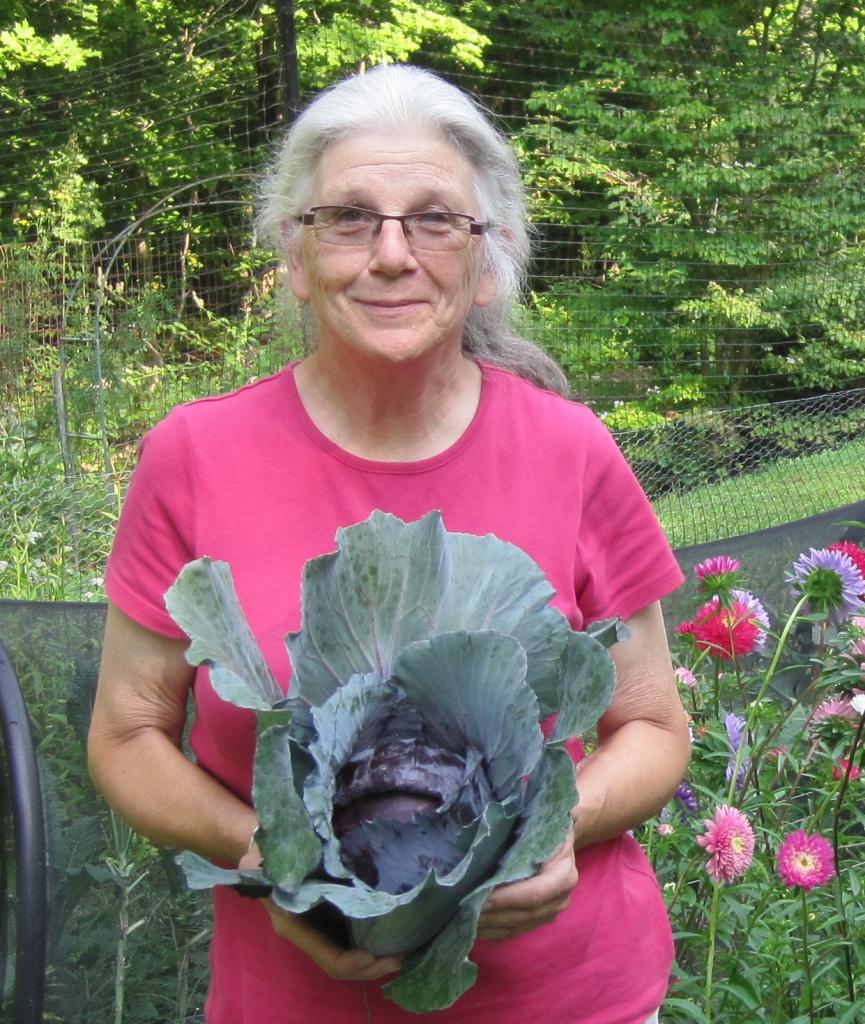
Photo Credit
Martina Unbehauen/shutterstock
Subhead
Does Epsom Salt Benefit Tomatoes, Roses, and Garden Plants?
More Like This
I tired Epsom salts to an outdoor veggie garden—NOPE. I have a greenhouse now and there are so many GREAT soil amendments now that work a great deal better..
Quite a few years ago I was growing a few tomatoes in containers, one of them got blossom end rot. I was talking to family about it
and was told to try to put some Epsom Salts up under the plant and it would stop it. I was hesitant as I thought there must be salt of some kind in it, I did however do it and sure enough no more blossom end rot on the next tomatoes on that plant. Would I use it again, absolutely yes!
Epsoms Salts were discovered in a water-well in Epsom; England; at one time only Royalty could drink the well-water;
Interesting article. I'm mostly an indoor-plant person and an outdoor, container-plant gardener. For years, I've been using a mild solution (one tespoon per gallon of water) of Epson Salts to water my plants with none of these signs of harm to the plants. I only use this solution once a month at most, especially in winter and alternate with Schultz (liquid) 10-15-10 Plant Food Plus. I use Schultz or Miracle-Gro Liqua Feed more often in summer. Also my wellwater which I use for my plants is high in iron. My Jade Plants thrive and my other plants seem very content. I will keep these warnings in mind as I continue my routine. Thank you.
I my part of the world, the desert southwest, Miracle Grow is not as effective as it is in kinder soils. The additives we need in our depleted soils is that provided by FertiLome or Carl Pool.
I use epsom salt to treat the snow and ice on my porches. The grasses near the porches are greener and look healthier in the spring. Have used the salts for years without problem as a sprinkling along with compost. Doesn't seen to cause problems.
I have my doubts about the university study cited in this article to suggest Epsom salts are of no value to roses. What is true in the area where testing/study occurred might not be hold up in a different gardening/soil environment — of which there are MANY in the United States.
With Epsom salt, I can visibly see the difference in my roses in the form of more growth and healthier looking leaves. (I have also seen it do wonders for citrus trees.) As the old saying goes, however, "Your mileage may vary": Gardeners in other states may or may not notice similar results because their soil is higher quality to begin with. Not so where I live. I live near a seasonal lake that is covered in white residue when it dries out — presumably evidence of calcium/potassium abundance in the soil. The well water in the area is filled with so much iron, I have to filter it to drink it. The sandy soil in my area is presumably also very alkaline (can't grow a camellia or blueberry bush to save my life no matter how much I attempt acidify the soil).
To be perfectly honest, after relocating from a coastal zone to the High Desert (Zone 9), I have found Epsom salts more useful in a pinch than the County cooperative extension (would love to try soil testing but can't raise anyone on the phone who seems to know where to point me. Phone tag is about as good as it gets here in LA County. I've even tried writing to UC Davis and UC Riverside with no success).
The notion that Epsom salts may accumulate in such vast quantities to become an environmental pollutant seems amusing to say the least. It is one of the least processed substances one can apply to plants, compared to the many chemical-based fertilizers sold in garden centers. I have never heard of "magnesium runoff" spoiling water tables, whereas I have heard plenty about contamination tied to nitrates linked to agriculture, septic systems and the like (i.e. "blue baby syndrome").
In conclusion, just as it is possible to over- or under-apply a "balanced" fertilizer, it is possible to over- or under-use Epsom salt. Debate about whether it is harmful or helpful is about as useful as saying a balanced fertilizer is "beneficial" — without the caveat of how often or how much! It's a matter of common sense, really. In moderation it can't hurt — and if it helps one will observe the results soon enough.
These days, "science" is defined as that which almost always runs directly contrary to the decades long, direct personal experience of hundreds of thousands of people, yet someone has a piece of paper in a frame on their wall so, they still insist they're right.
Using epsom salts on my ailing tomato & pepper plants was a game changer for me. The change in my lettuces and brassicas was profound. It's use has been nothing but beneficial for me.
The "Universities" can make all the proclamations they want, I will never stop using it.
Do your own soil test..they have a how-to on almanac's site here.









Comments